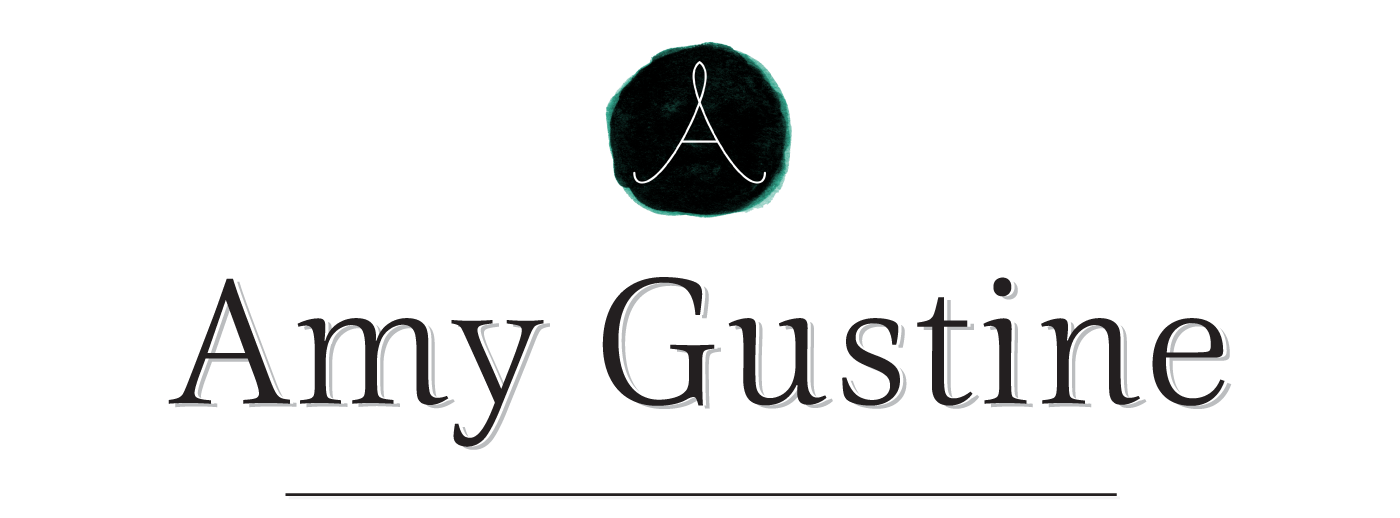Read more“Gustine’s tales are bursting with startling insights, stabbing dialogue, ambushing metaphors, and stunning moments of dissonance. Her first collection aligns her with such short story stars as Joy Williams, Antonya Nelson, and Bonnie Jo Campbell.”
—Booklist, Starred Review
Read more“In this dazzling debut collection, Gustine shows tremendous range, empathy, and spark…Gustine’s language is uniformly remarkable for its clarity and forthrightness.”
—Publisher’s Weekly, Starred Review
